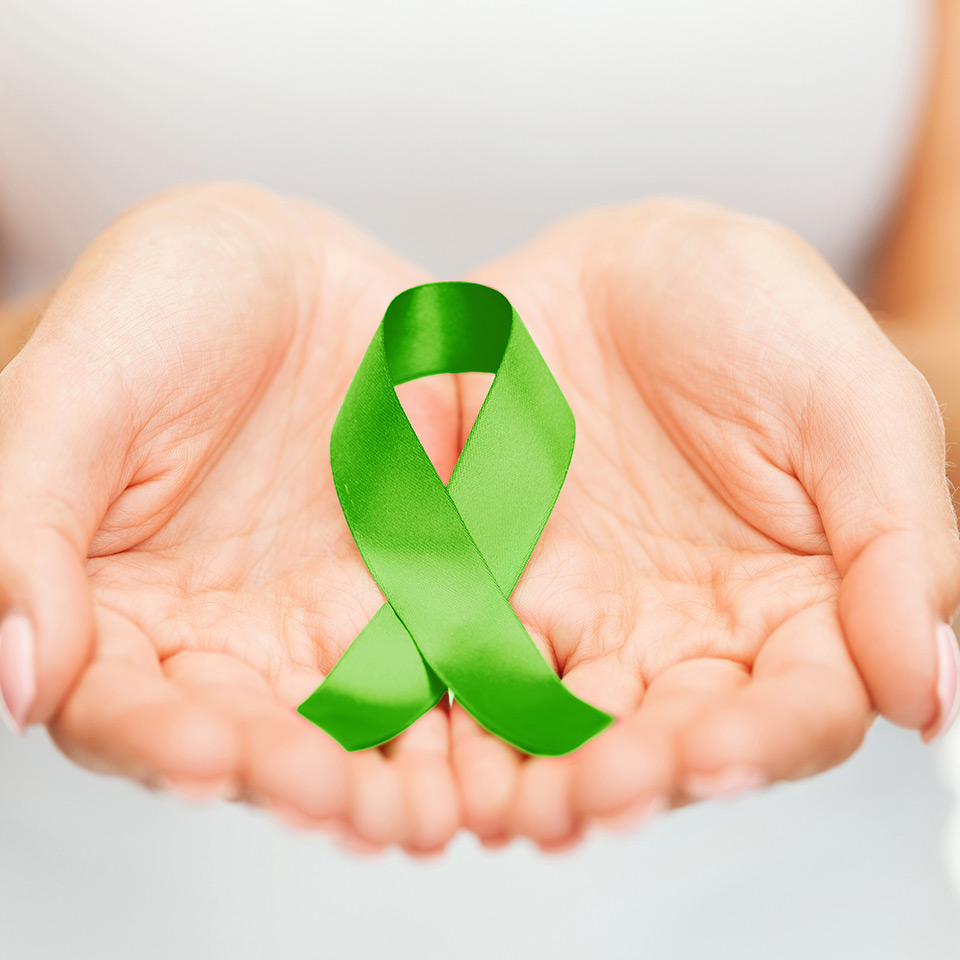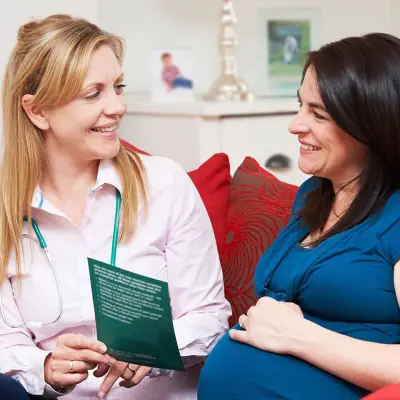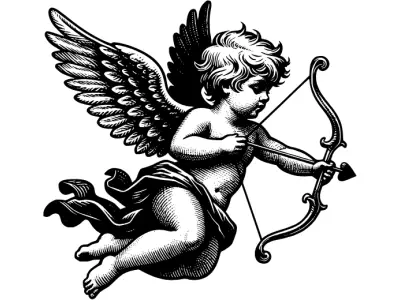Bipolar disorder affects around 1% of the UK adult population, with the typical onset occurring between the ages of 15 and 25 years old. Recognising symptoms in yourself or a loved one is vital for pursuing diagnosis and treatment. In this article, we discuss how to spot the early signs of bipolar and provide guidance for supporting someone close to you who is living with the condition.
Jump to:

What is Bipolar Disorder?
Bipolar disorder is a mental health condition where an individual experiences extreme shifts in mood and energy levels. People with bipolar disorder experience alternating episodes of mania and depression. During manic periods, they have super high energy, impulsiveness, and an elevated mood, and tend to engage in risky behaviours and struggle to focus. Depressive phases involve deep sadness, lack of interest in normal activities, and feelings of hopelessness.
It can be classified into several types, based on the specific pattern of mood episodes:
- Bipolar I - This type involves manic episodes that last for at least seven days or that are severe enough to require immediate medical attention.
- Bipolar II - Those with Bipolar II experience less severe manic episodes, known as hypomania, and instead have more frequent depressive episodes.
Recognising the Signs of Bipolar Disorder
Detecting the mood episodes associated with bipolar disorder is critical for diagnosis and early treatment. The more quickly that mood episodes can be identified, the sooner steps can be taken to control symptoms and prevent escalation.
The main signs to look for are shifts between manic/hypomanic and depressive states:
Manic episodes may involve:
- Feeling elated, euphoric, or over-energised.
- Having racing thoughts and rapid speech.
- Acting impulsively with poor judgement.
- Decreased need for sleep.
- Delusions and impaired reality testing.
Depressive episodes may involve:
- Feeling empty, hopeless, or excessively sad.
- Loss of interest in activities once enjoyed.
- Fatigue, moving slowly, or sleeping excessively.
- Difficulty concentrating and making decisions.
- Recurring thoughts of death or suicide.
If you or someone you know is exhibiting signs of bipolar disorder, please seek professional assistance promptly.
Recommended for you!
Best SellersHow is Bipolar Disorder Diagnosed?
Bipolar disorder is diagnosed based on criteria in the International Statistical Classification of Diseases and Related Health Problems (ICD-10). The diagnostic process involves a comprehensive assessment by a mental health professional. This assessment includes a detailed discussion of symptoms, personal and family medical history, and an evaluation of mood patterns. It relies upon:
- Screening tools and clinical interviews that assess symptoms.
- Discussion of personal and family medical history.
- Tracking moods and behaviours over time.
- Ruling out causes like medications, drugs, and other medical conditions.
Early detection of bipolar disorder is essential for several reasons. Firstly, if it’s detected early, you can prevent the escalation of symptoms and potential complications. Secondly, early treatment significantly improves the long-term prognosis and quality of life for individuals with bipolar disorder.
How to get Diagnosed
If you notice potential symptoms of mania and depression, it is important to seek professional help to determine if bipolar disorder is a possibility. Making an appointment with a psychiatrist or psychiatric mental health nurse practitioner is recommended. They can conduct a detailed assessment, including using diagnostic interviews, questionnaires, and observation of behaviours over multiple visits.
The evaluation process also involves tracking your mood history, episodes, and symptom severity. Diagnosis can take time as providers rule out other causes.
How do I Know if I Have Bipolar Disorder?
There are self-assessment tools available online to gauge if your mood shifts may indicate bipolar disorder. These questionnaires help to identify key symptoms and patterns. However, only trained mental health experts can make a true diagnosis. Don’t hesitate to seek help or support if you have concerns about your moods and behaviours.
Treatment Options for Bipolar Disorder
Bipolar disorder can be managed in many ways, including changing lifestyle habits and medication.
Medication
Regular medication is key - even during stable mood periods - to help prevent relapse. Common medications for managing bipolar disorder can include mood stabilisers, antipsychotics, and antidepressants. Lithium is one of the mood stabilisers that’s used in treatment, as it helps to smooth out mood highs and lows. Antipsychotics are mainly used in the short term to treat manic episodes. Antidepressants like benzodiazepines may be used to treat depressive periods. The psychiatrist will work with the individual to find the most appropriate medication and dose.
Psychotherapy
Psychotherapy is a form of “talk therapy”, which involves a number of approaches to treating bipolar disorder. One of the methods is Cognitive Behavioral Therapy (CBT), which is used to help identify triggers and modify negative thought patterns. There’s also Interpersonal Therapy, which focuses on establishing a daily routine and bettering your relationships to help regulate moods.
Lifestyle changes
Establishing daily routines and healthier habits can help to manage bipolar disorder, and they’re also important in the long term when combined with other treatments like therapy and/or medication. Generally, avoiding alcohol and drugs is recommended, as they can also interfere with medication. Getting regular exercise, quality sleep, and practising stress management techniques like meditation also helps.

Supporting Loved Ones With Bipolar Disorder
Family and friends play a huge role in the recovery and well-being of individuals with bipolar disorder. One of the best things you can first do is to educate yourself about the condition so that you can provide informed support. Learn to identify the types of moods, triggers, and warning signs - like those mentioned earlier in this article - so that you can intervene early when changes occur.
Particularly during manic and depressive episodes, being an active listener without judgement is important. Maintain calm and be patient when communicating, as this can help to de-escalate mood swings for the person. Even being there to encourage consistency with taking medication and following through with any treatment helps to give them the stability that they need.
Supporting a loved one with bipolar disorder can be challenging, so it also helps to find a support network that helps to manage the challenges of bipolar disorder for both the individual and loved ones. Connecting with others who have been impacted by bipolar disorder can be insightful and help you to understand the condition better.
For those living with bipolar and their loved ones, gaining education and support is essential. Our Bipolar Disorder Awareness Diploma is available for £29 (save £98) and provides practical techniques to manage symptoms in daily life. Whether you have bipolar yourself, know someone who does, or work in mental health care, this course offers valuable insight. It explores effective methods to understand and minimise the impacts of bipolar from the perspective of someone living with the disorder. By increasing awareness and skills, our diploma empowers individuals to take control of their mental health.













